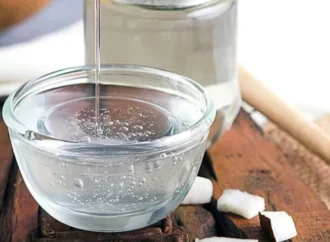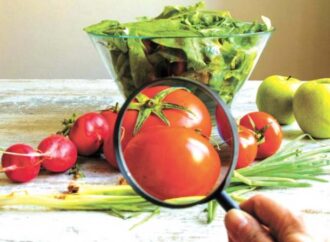 Food Manifest
Food Manifest
The house of resource for food safety.
General
- Home
- General

Urea in Milk? Kerala Steps Up Border Inspections0
- A to Z, Food Hygiene, Food Safety, General, Health & Wellness, News
- September 6, 2025
Key Update With Onam driving a surge in milk demand, the Kerala government has intensified border inspections to block adulterated milk from entering the state. The Dairy Development and Food Safety Departments are jointly enforcing strict quality checks at major entry points. Milk arrivals have nearly doubled in the lead-up to Onam, raising concerns about
READ MORE
What Are Biogenic Amines and Why Should You Care About Them?0
- A to Z, General, Health & Wellness
- September 3, 2025
Have you ever wondered why certain foods like cheese, fish, or sausages sometimes have a strong, sharp smell — or why eating them can occasionally trigger headaches or allergic reactions? The secret behind this lies in tiny natural chemicals called biogenic amines. These compounds form during food spoilage or fermentation and can have a big
READ MORE

Fake Coconut Oil Sold in Kerala at Half Price Ahead of Onam; Source Unit Sealed0
- Food Hygiene, Food Safety, General, Health & Wellness, News
- August 22, 2025
Key Development Authorities have uncovered large-scale adulteration of coconut oil sold in Kerala at unusually low prices ahead of Onam. Marketed as “pure traditional coconut oil,” some shops offered it for nearly half the usual rate — around ₹270 per litre instead of ₹500. Investigations traced the source to a Kanniyakumari unit, which has since
READ MORE
Kerala Steps Up Food Safety Checks for Onam0
- A to Z, Food Hygiene, Food Safety, General, Health & Wellness, News
- August 21, 2025
Key Update The Food Safety Department in Kerala will deploy special squads in every district from next week to ensure the quality and safety of food items during Onam. Inspections will be held both during the day and at night. Officials will closely monitor edible oils, ghee, jaggery, milk and milk products, payasam mixes, grains,
READ MORE
Coffee-Chicory Labels Must Show Exact %: FSSAI0
- A to Z, Food Hygiene, Food Safety, General, Health & Wellness, News
- August 18, 2025
Key Development The Food Safety and Standards Authority of India (FSSAI) has announced changes to the Food Safety and Standards (Labelling and Display) Regulations, 2020. The updated rules, called the Food Safety and Standards (Labelling and Display) First Amendment Regulations, 2025, will come into force on July 1, 2026. The revision aims to make labelling
READ MORE
Latest Posts
-

-

Seafood on Your Plate, Risk in Your Gut?
- A to Z, Food Hygiene, Food Safety, General, Health & Wellness
- February 20, 2026
-

-

Milk Safety Drive: 12,780 Samples Fail FSSAI Tests in FY 24-25
- A to Z, Food Safety, General, News
- February 18, 2026
-










